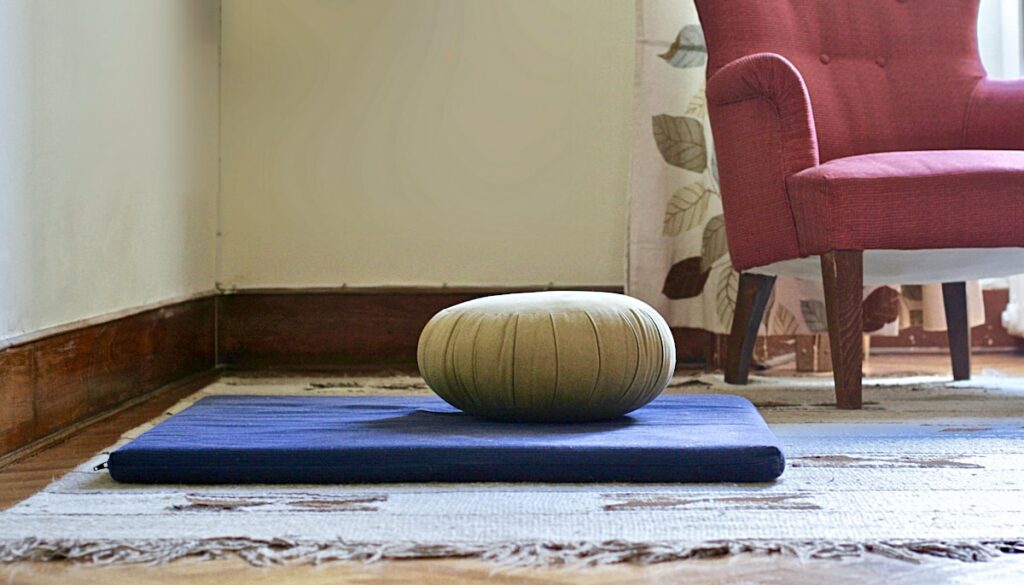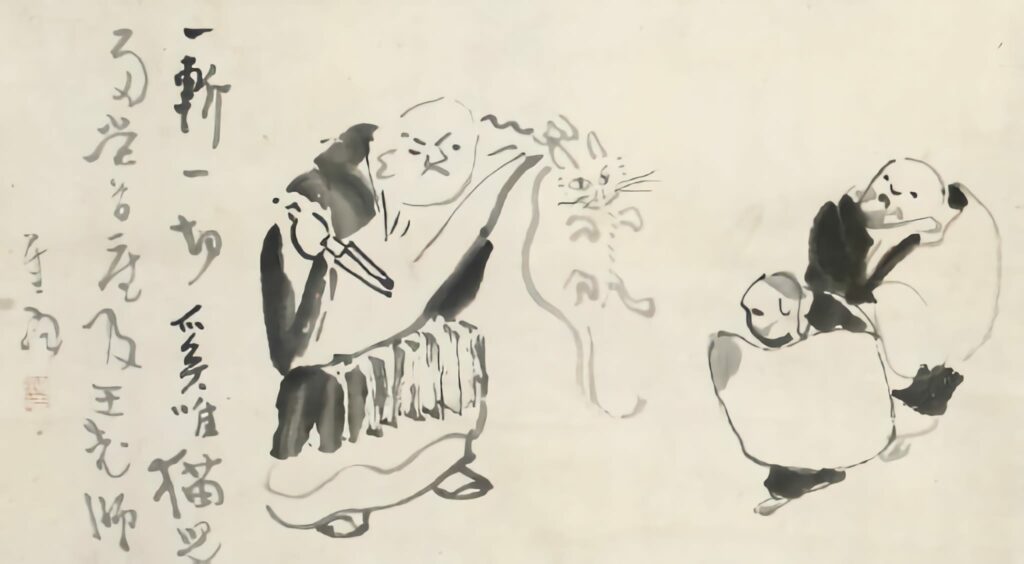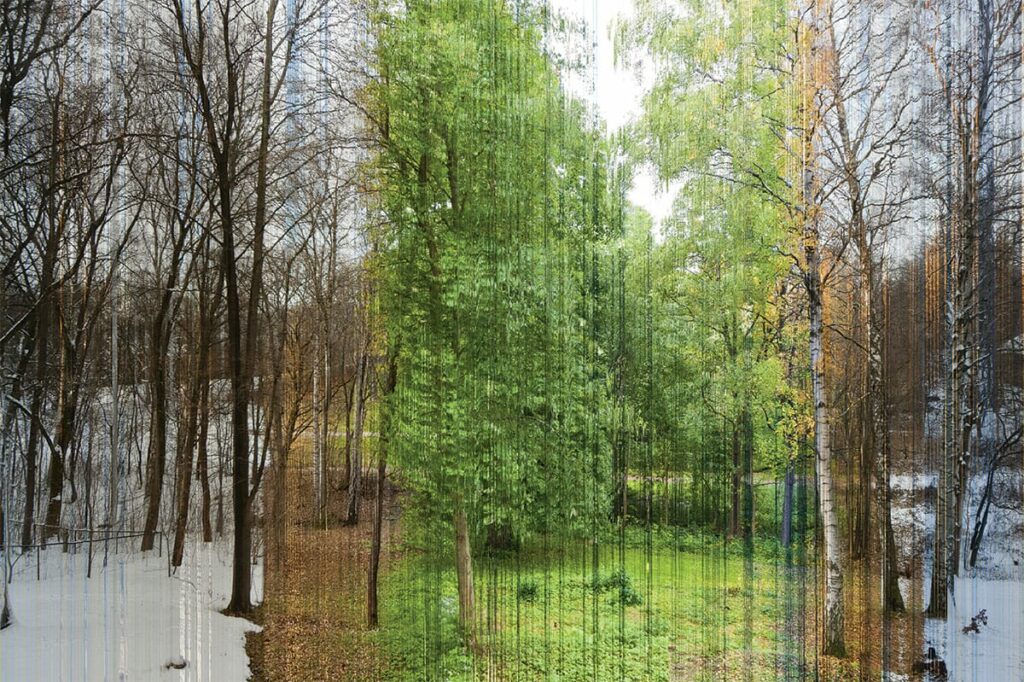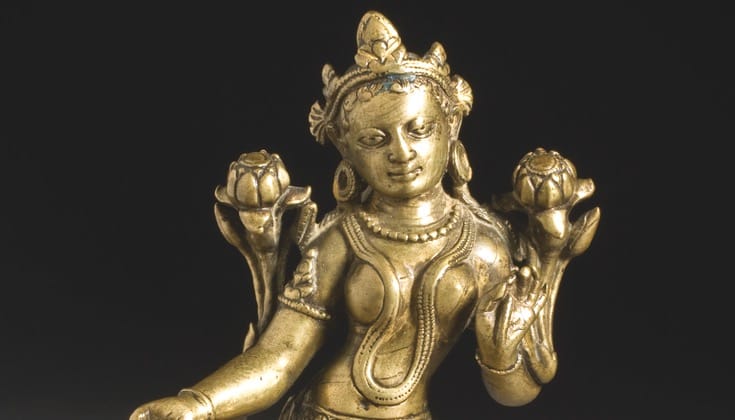Zoketsu Norman Fischer is a poet, essayist, and Soto Zen Buddhist priest who has published more than thirty volumes of poetry and prose, including most recently When You Greet Me I Bow. He is the founder of Everyday Zen, a community based in the San Francisco Bay area, as well as former abbot of the San Francisco Zen Center. He and his wife, Kathie Fischer, also a Soto Zen priest, have two children and three grandchildren and live in Muir Beach, California.
Norman Fischer
Books
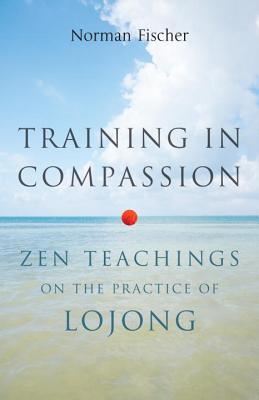
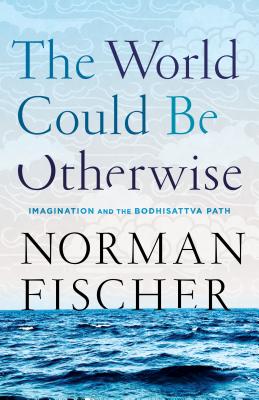
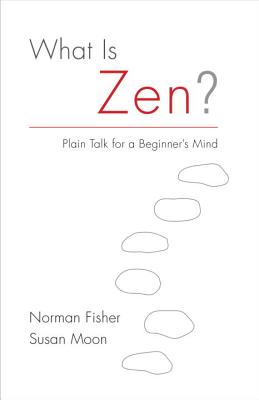
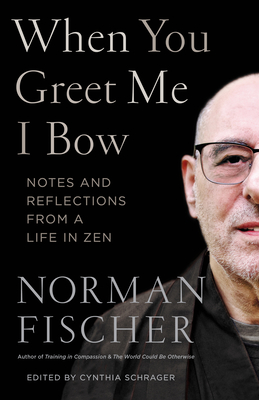
Recent Articles
How to Start a Home Meditation Practice
Zen teacher Norman Fischer proposes a two-week trial run to get your meditation practice started and looks at how to deal with some of the obstacles you may encounter.
Quick! Who Can Save This Cat?
Zoketsu Norman Fischer's commentary on Mumonkan Case 14: Nanchuan's Cat.
Impermanence is Buddha Nature
Change isn’t just a fact of life we have to accept and work with, says Norman Fischer.
Four Reflections That Strengthen Your Intention to Practice
If you contemplate these traditional contemplations, the "four great reflections," you will strengthen your intention to practice.
The Treasure of the Teacher
“You do the practice, you realize the way,” writes Norman Fischer. “And yet you must begin by finding a teacher you can have faith in.”

